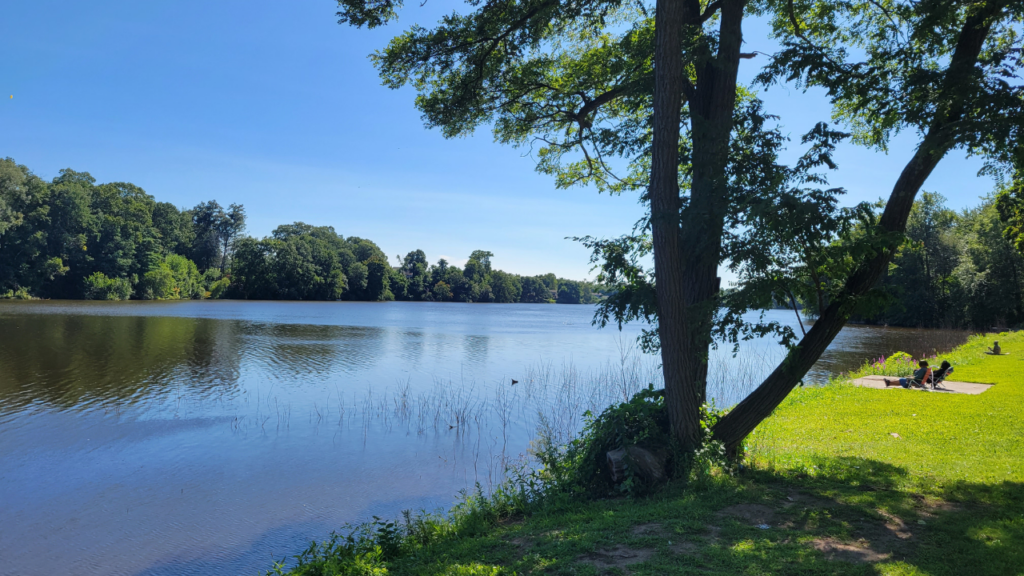Springfield, Massachusetts faces significant challenges with substance use disorders that affect individuals, families and the entire community. Understanding the specific nature of addiction in Springfield helps identify effective pathways to recovery and healing.
The Current Landscape of Addiction in Springfield
Springfield’s struggle with addiction reflects both national trends and local factors. The city’s position along major transportation routes, economic challenges and other social determinants of health contribute to its particular addiction profile.
Impact on Community Systems
Addiction stretches Springfield’s resources across multiple domains:
- Healthcare systems manage increased emergency room visits and hospitalization
- First responders regularly address overdose emergencies
- The criminal justice system faces addiction-related offenses
- Social service agencies work with affected families
- Schools support children impacted by parental substance use
These interwoven impacts create both challenges and opportunities. Each affected system provides potential intervention points where recovery journeys can begin.
Substance Use Patterns
While Springfield residents struggle with various substances, certain patterns emerge:
- Opioid use continues to challenge the community
- Polysubstance use (using multiple substances) becomes increasingly common
- Stimulant use has risen in recent years
- Alcohol remains a widespread though sometimes overlooked substance of concern
Understanding these patterns helps treatment providers develop appropriate responses to Springfield’s specific needs.
Springfield’s Recovery Infrastructure
Despite these challenges, Springfield has developed a network of resources supporting recovery. These form a continuum of care from crisis intervention through long-term recovery support.
Crisis Response and Harm Reduction
Immediate intervention services include:
- Emergency medical response with overdose reversal capabilities
- Hospital-based addiction consultations
- Harm reduction services providing education and supplies
- Crisis hotlines offering immediate guidance and referrals
These services focus on preserving life and connecting individuals with appropriate next steps.
Assessment and Referral Services
Springfield offers several entry points to addiction treatment:
- The Behavioral Health Network provides assessments and referrals
- Primary care physicians increasingly screen for substance use disorders
- Court diversion programs connect justice-involved individuals with treatment
- Employee assistance programs provide workplace-based referrals
These services help match individuals with appropriate treatment based on their specific needs, resources and recovery goals.
Outpatient Treatment Options
Springfield residents can access various outpatient treatment options:
- Intensive outpatient programs (IOP) providing structured therapy several times weekly
- Outpatient counseling for individuals ready for less intensive support
- Medication-assisted treatment for opioid and alcohol use disorders
- Specialized programs for co-occurring mental health conditions
These services allow participants to remain in their homes and communities while receiving treatment.
Residential and Inpatient Services
For those requiring more structured support, Springfield residents access:
- Detoxification services providing medically supervised withdrawal
- Short-term residential programs offering intensive initial recovery support
- Longer-term residential options for those needing extended structured environments
- Specialized programs addressing specific populations and needs
While some of these services operate within Springfield, others require travel to nearby communities, including Swift River’s comprehensive programs in Western Massachusetts.
Recovery Support Services
Beyond formal treatment, Springfield offers ongoing recovery supports:
- Multiple daily 12-step meetings throughout the city
- SMART Recovery and other alternative support groups
- Recovery community organizations providing peer services
- Faith-based recovery supports through various religious communities
These services provide crucial ongoing connection after formal treatment concludes.
Bridging Gaps in Springfield’s Recovery System
Despite these resources, gaps remain in Springfield’s treatment landscape. Understanding these gaps helps individuals and families navigate toward the most appropriate care.
Navigation Assistance
The treatment system can be complex and difficult to navigate, especially during crisis. Several services help Springfield residents find appropriate care:
- Recovery coaches provide personalized guidance
- Family support programs offer assistance to those helping loved ones
- Primary care providers increasingly coordinate addiction treatment
- Community health workers connect underserved populations with resources
These navigation supports help prevent individuals from falling through cracks in the system.
The Role of Regional Resources
While Springfield offers numerous recovery options, sometimes the most appropriate treatment exists outside city limits. Regional resources, including Swift River, complement Springfield’s local services by providing:
- Different treatment modalities not available locally
- Higher levels of care for complex needs
- Treatment environments removed from local triggers
- Specialized programming for specific populations
- Additional capacity when local services reach limits
The combination of local and regional resources creates a more comprehensive system than either could provide alone.
Overcoming Barriers to Treatment
Springfield residents face several common barriers when seeking addiction treatment. Addressing these barriers improves outcomes.
Financial and Insurance Considerations
Treatment access often depends on financial factors. Springfield residents should know:
- Massachusetts insurance laws require coverage for substance use treatment
- MassHealth covers addiction services for eligible residents
- Many programs offer sliding scale fees
- Patient advocates help navigate insurance challenges
Understanding these financial aspects helps reduce this common treatment barrier.
Transportation Challenges
For those using services outside their immediate neighborhood:
- Many treatment centers offer transportation assistance
- Public transportation routes connect to major treatment facilities
- Telehealth options reduce transportation needs for some services
- Recovery community organizations sometimes provide transportation support
These solutions help ensure transportation limitations don’t prevent treatment access.
Childcare and Family Responsibilities
Family responsibilities sometimes create treatment barriers. Resources addressing this include:
- Programs offering childcare during treatment sessions
- Family-inclusive treatment approaches
- Intensive outpatient programs scheduled around family responsibilities
- Supportive services for family members
These family-centered approaches recognize that recovery happens in a community context.
Creating Personalized Recovery Plans
Effective recovery plans address individual needs rather than applying one-size-fits-all approaches. For Springfield residents, personalized planning considers:
Assessment of Individual Needs
Comprehensive assessment examines:
- Substance use patterns and history
- Physical health considerations
- Mental health needs
- Social support systems
- Life responsibilities and constraints
- Personal strengths and resources
- Recovery goals and motivation
This thorough understanding forms the foundation for effective treatment planning.
Appropriate Level of Care
The assessment helps determine the most appropriate treatment intensity:
- Outpatient counseling for those with stable housing and strong support
- Intensive outpatient for those needing structure while maintaining daily responsibilities
- Partial hospitalization for intensive daytime treatment
- Residential treatment for those requiring 24-hour structured support
- Inpatient care for medically complicated situations
Many individuals move between these levels as their recovery progresses.
Continuum of Support
Recovery typically involves multiple services over time. Effective planning creates smooth transitions between:
- Acute intervention during crisis
- Structured treatment addressing addiction patterns
- Recovery support maintaining gains over time
- Wellness services promoting overall health
This continuum recognizes recovery as a process rather than an event.
How Swift River Supports Springfield Residents
Swift River provides specialized addiction treatment for Springfield residents requiring care beyond local options. Our approach addresses Springfield’s specific needs through:
Comprehensive Assessment
Swift River’s assessment process thoroughly evaluates each client’s needs, ensuring treatment addresses Springfield-specific challenges and builds on community strengths.
Evidence-Based Programming
Our treatment integrates approaches proven effective for the substances and patterns common in Springfield, while remaining flexible to address individual needs.
Continuing Care Planning
Swift River works closely with Springfield-based providers to create seamless transitions back to local services. This coordination ensures clients maintain momentum when returning to their community.
Family Involvement
Recognizing the importance of family in recovery, Swift River includes family members in treatment while providing education about Springfield’s family support resources.
Transportation Coordination
Swift River helps coordinate transportation between Springfield and our facility, removing this common barrier to accessing appropriate care.
Taking the Next Step
Recovery begins with reaching out. If you or someone you love struggles with addiction in Springfield, know that effective help exists both locally and regionally.
For more information about treatment options or to discuss whether Swift River’s programs might meet your needs, call us today at 888-451-5895. Our caring team will help you understand available options and find the path that’s right for you.













